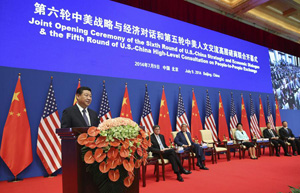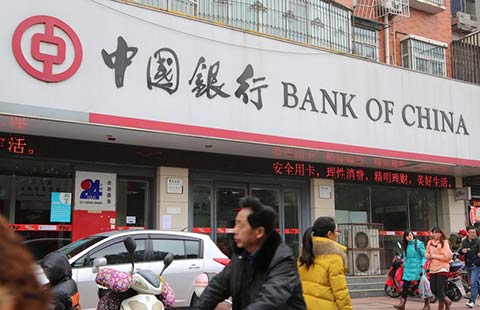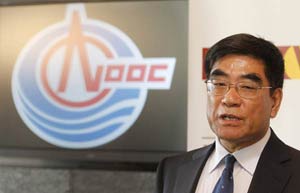BIT to re-anchor US-China economic relationship
(Xinhua) Updated: 2014-07-11 11:01For the United States, a BIT would level the playing field between US investors in China and their competitors from countries whose governments have already negotiated high quality BITs with China, such as the Netherlands and Germany, Price said.
Moreover, a BIT would expand market access for US investors in sectors where ownership is currently restricted, such as energy, autos, and financial services, he added.
The BIT talks, started in 2008, came up with a real breakthrough last summer at the S&ED meeting when China and the United States decided to proceed with a "negative list" approach, meaning that all sectors are open to foreign investment, subject to narrowly tailored and negotiated exceptions, he noted.
Price said he expects that the US-China joint statement at the S&ED meeting this week will include language on the BIT that describes the negotiating process going forward and signals the two governments' continued and deepening commitment to the BIT negotiations.
"The quality of China's negative list offer and subsequent discussions of that list will largely shape the timeline for negotiations. If the two governments remain committed to this negotiation, I believe it can be concluded more quickly than people expect, before the end of President (Barack) Obama's term in office," he said.
|
 |
 |
| Top 10 US companies in China | Removing investment barriers a win-win step for China, US |
- China ventures into SOE mixed-ownership reform
- Abbott and Fonterra sign dairy farm deal
- FTA negotiation commences between China's HK and ASEAN
- Top international luxury brand expo opens in Beijing
- Woman sells Beijing house, buys six properties in US
- Green finance needs government intervention: experts
- China signs $1.6b engineering deal for Siberian LNG project
- Fonterra joins Abbott to plan third dairy hub in China

















